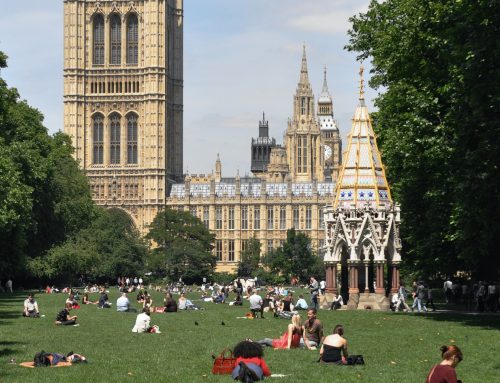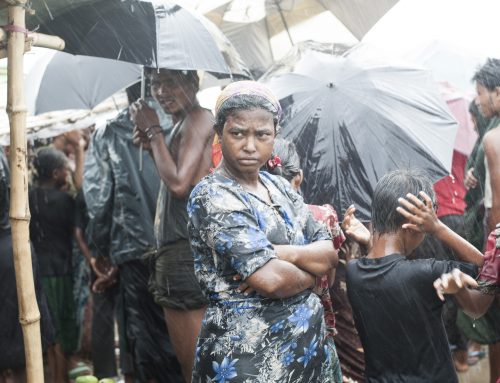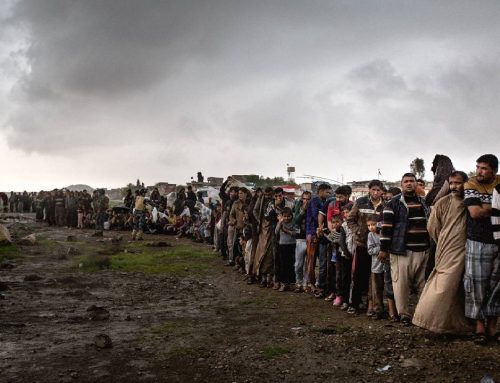Today, on the eve of Holocaust Memorial Day, the UK government plans to unveil the finalists’ designs for the new UK Holocaust Memorial, to be built next to Parliament in Victoria Tower Gardens.
Aegis Trust welcomes the planned establishment of the memorial – a project begun by former Prime Minister David Cameron which led to the founding of the UK Holocaust Memorial Foundation. It has support from all political parties, the Mayor of London and community leaders including the Chief Rabbi. Theresa May’s government renewed commitment to the memorial.
Dr James Smith, CEO and founder of Aegis Trust, emphasises that the UK Holocaust Memorial’s prime purpose is for the Jews of Europe and other victims murdered by the Nazis to have an appropriate place of remembrance in the heart of the UK’s capital city.
“Being so close to Parliament, it would also be ideal for the UK Holocaust Memorial to have an associated genocide prevention centre,” says Dr Smith. “It is an opportunity to ensure repeated pledges of ‘Never Again’ do not remain hollow words, as they did when genocide occurred in Rwanda and Srebrenica.”
Best practices in genocide prevention in other countries demonstrate that the creation of effective national mechanisms for the prevention of genocide can contribute to joined-up strategies.
A number of national mechanisms and centres for preventing genocide now exist and Aegis Trust advises that the UK could benefit from learning from these experiences, such as from the U.S. Atrocities Prevention Board and the Genocide Prevention Centre based in the United States Holocaust Memorial Museum.
A range of intervention tools can be utilised for early prevention, including diplomacy and peace education; military intervention being a very last resort.
Holocaust Memorial Day, a national day of remembrance for victims of the Holocaust and other instances of genocide, is held annually on 27 January – the anniversary of the liberation of the Auschwitz death camp. It helps us to reflect that genocide does not happen overnight, and every opportunity must be explored to prevent the recurrence of tragedies that leave deep scars on humanity.
A good example is today’s launch of “The Cost of Doing Nothing”. A bipartisan project started by Jo Cox MP, in the weeks before she was murdered, it aims to galvanise UK thinking on how the country implements its responsibility to protect civilians from genocide and crimes against humanity.
Jo, a Labour MP and former development worker, teamed up with Tom Tugendhat, a Conservative MP and former soldier. They sought to rekindle debate on the need for a better UK framework to ensure it meets its obligations in protecting civilians at risk of mass atrocities. The report has been completed by Tom together with Jo’s friend and fellow MP Alison McGovern, with support from Jo’s husband Brendan Cox.
MPs Alison McGovern and Tom Tugendhat, together with Robert Jenrick MP (Con) are co-chairs of the All-Party Parliamentary Group for the Prevention of Genocide and Crimes Against Humanity, the secretariat for which is provided by the Aegis Trust.
States have an obligation to prevent genocide and crimes against humanity. Better assessment and early interventions tools are needed to protect civilians. As emphasised in the report, remaining engaged and demonstrating a willingness to act is often an effective means of preventing mass atrocities in the first place.
The report is being launched today with former Prime Minister Gordon Brown at the Policy Exchange in London.





